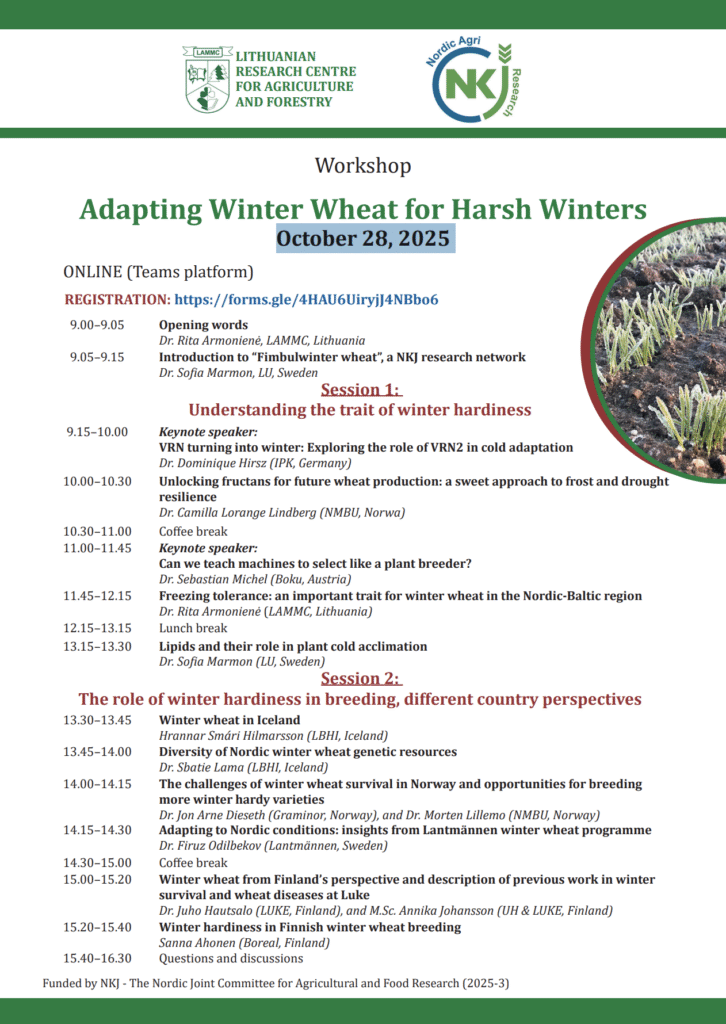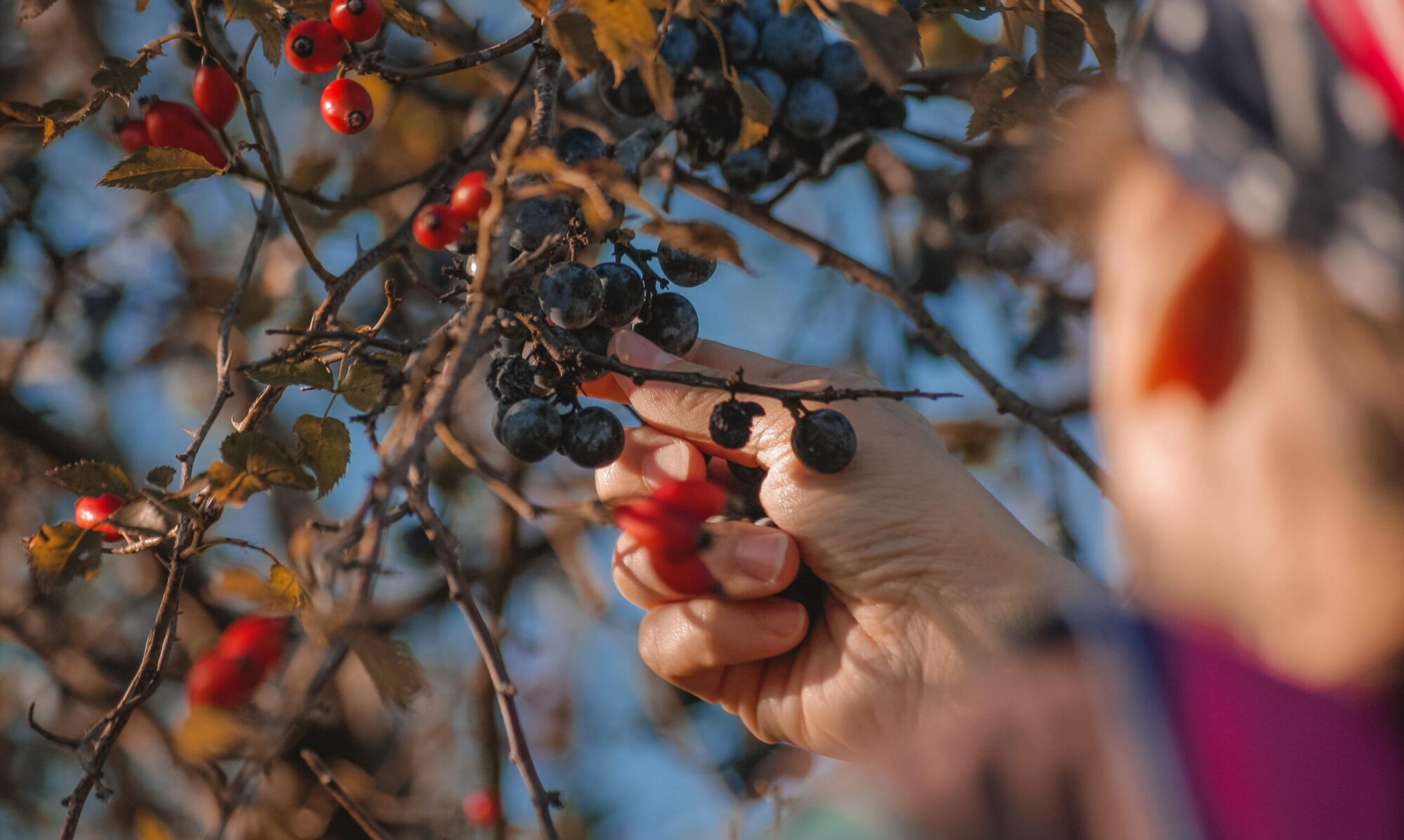 Welcome to join a webinar on “Critical water and energy issues in the green transition of Nordic–Baltic food systems” September 26th 14.00- 16.00 (CET).
Welcome to join a webinar on “Critical water and energy issues in the green transition of Nordic–Baltic food systems” September 26th 14.00- 16.00 (CET).
Join a conversation on the water-energy-food nexus. We will also explore current knowledge gaps regarding climate change adaption and how we can address them.
The webinar is free of charge and open for all interested.
Register (deadline Sept 24)
Agenda
14:00 Welcome to the webinar and presentation of the project A Nordic-Baltic framework for sustainable food systems which is funded by the Nordic Joint Committee for Agricultural and Food Research (NKJ).
Sofie Andersson, NKJ secretariat
14:10 Introduction of keynote speakers and theme for the webinar.
Cristián Alarcón Ferrari and Johanna Bergman Lodin, SLU, Sweden
14:15 Presentation Climate induced water insecurity and adaptation, what knowledges to assess and how
Martina Angela Caretta, docent, associate professor human geography department, Lund University, Sweden
14:50 Questions and answers (open for the audience) and feedback from invited experts and/or contributors
15:05 Presentation The food-water-energy nexus in the Arctic region
David Natcher, professor in the department of agricultural and resource economics at the University of Saskatchewan (Canada).
15.15 Questions and answers
15:20 Open discussion with the project participants and audience (facilitated by miro board)
15:50-16:00 Summary and conclusions of the webinar and ways forward
The webinar is organized in the framework of a Nordic Baltic framework for sustainable food systems, sponsored by the Nordic Joint Committee for Food and Agricultural Research in Sweden.
The Nordic–Baltic Framework for Sustainable Food Systems
Building upon the necessity to urgently establish Nordic-Baltic sustainable food systems, this project is multidisciplinary and made up of several components; a database, webinars, the Innofood event, communication in social medias and a scientific article. The consortium, led by Ruralia Institute, University of Helsinki, covers all the major areas connected to sustainable food systems and is made up of eight partners:
• Ruralia Institute/University of Helsinki (UH)
• The Natural Resources Institute Finland (LUKE)
• Consumption Research Norway (OsloMet)
• University of Copenhagen (UC)
• Kost Studio (KS)
• University of Faroe Islands (UFI)
• Swedish University of Agricultural Sciences (SLU)
• Estonian Business School (EBS)
 Time: October 28, 2025, 09.00-16.30 EET (UTC+2)
Time: October 28, 2025, 09.00-16.30 EET (UTC+2)


